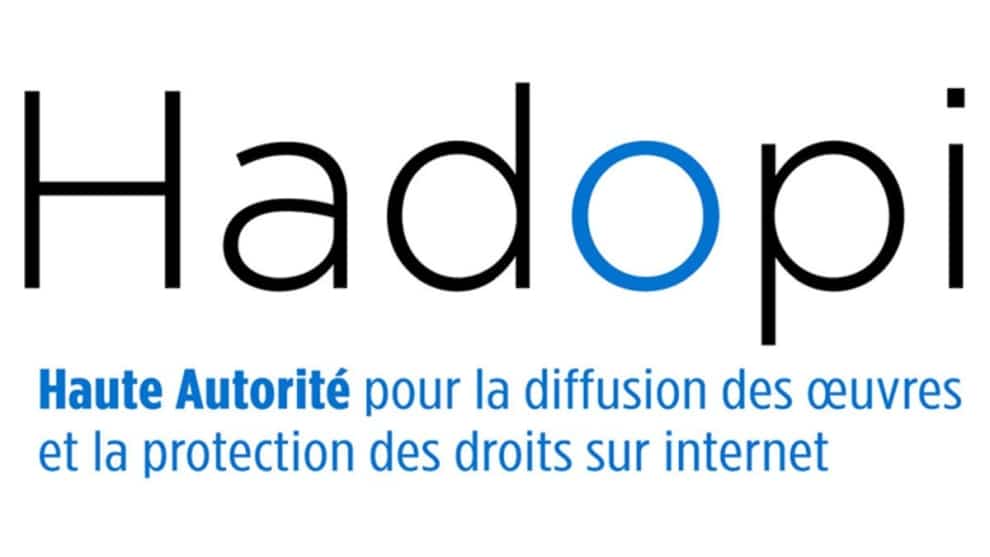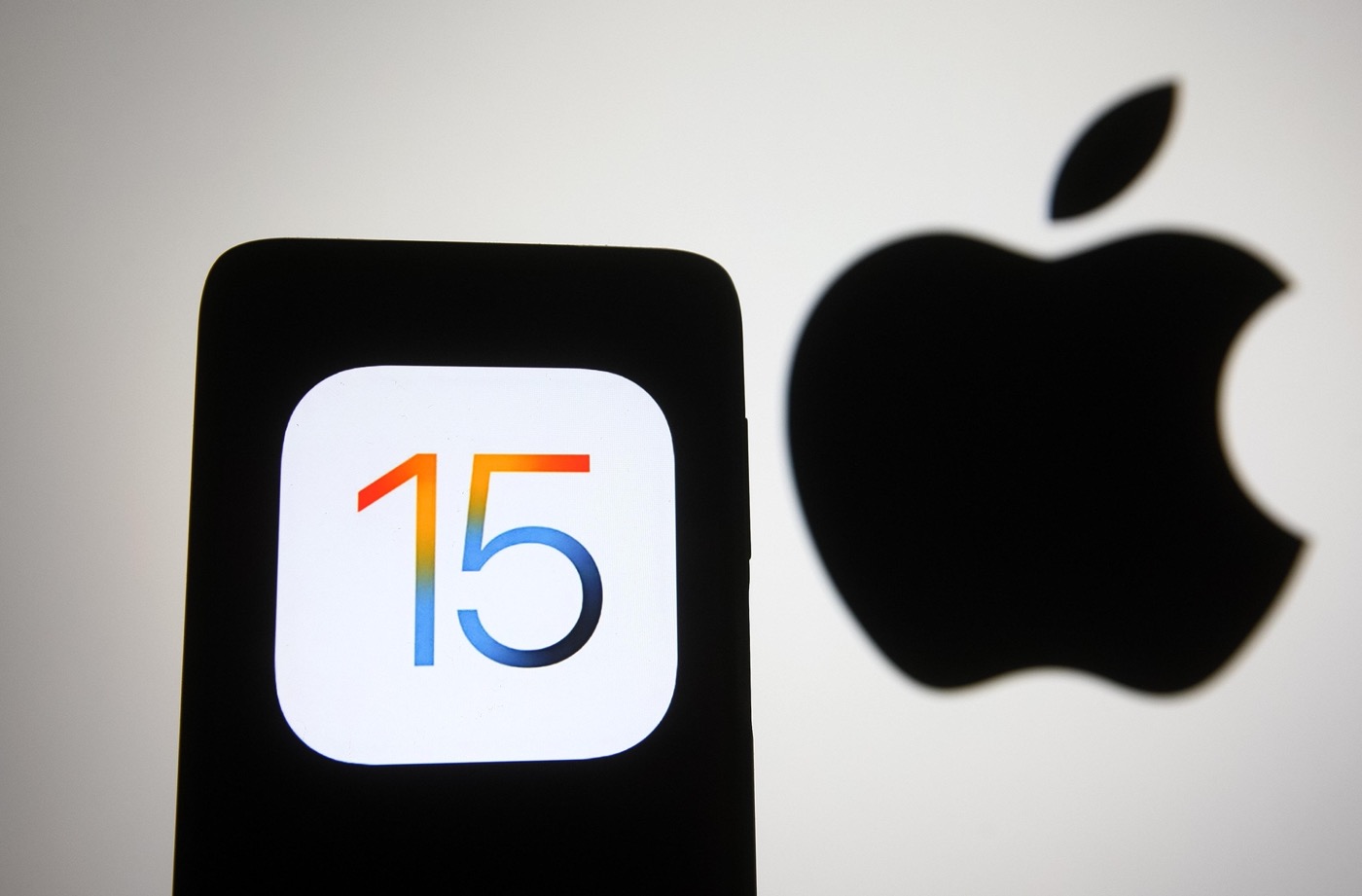Hadopi becomes Arcom: a disastrous record for the authority against piracy
The Internet is the realm of sharing and discovery. You can talk about your favorite movie there, about that song you love… But why only talk about it when you can share it illegally with other fans who, through you, will be able to get their hands on it for free ? Thus was born the illegal downloading in peer to peer, great evil of our time which has cost billions of euros in the entertainment industry since the beginning of the 21st century. Liam Gallagher of the Oasis group even came to have to make his own tea., the poor. It was therefore inconceivable to let this piracy take place in France and, in 2009, the High Authority for the Diffusion of Works and the Protection of Rights on the Internet, better known in our latitudes under the acronym Hadopi. The latter disappeared on 1er January 2022, merging with the CSA to give birth to Arcom (regulatory authority for audiovisual and digital communication).
On January 1, 2022, the#Arcom becomes the regulator of audiovisual and digital communication. Here are its main missions ⬇️
– Arcom (@Arcom_fr) December 27, 2021
The time has therefore come to take stock.
Hadopi, or the slap-on-the-fingers policy
When it was launched, Hadopi owed neither more nor less than put an end to piracy in France. It is Denis Olivennes who finds himself with the heavy task of finding the miracle solution and he comes to the idea of an administrative authority which would be able to give warnings to those caught in the act of piracy, followed by sanctions s ‘there is a recurrence. Agreements are then signed with Internet operators and representatives of the world of culture. The Hadopi law thus became effective in November 2009.
It is based on a graduated response system to punish those who use the networks P2P to download illegal files. First, the IP address of offenders is detected by sworn agents who draw up reports against them before transmitting them to the Hadopi Rights Protection Commission. A request to the operators is made by following in order to be able to identify the culprits of these prohibited shares and downloads. The latter then receive a letter reminding them of the law and their fault. After 3 calls to order, you are liable to criminal prosecution and a penalty of up to € 300,000 in fines and even 3 years in prison in the name of the infringement. On paper, this can all be scary, but the reality is quite different.
And so goodbye, Mrs. Hadopi, thank you for this moment: -> pic.twitter.com/QCz1ddvBzU
– marc rees (@reesmarc) December 31, 2021
We take stock, calmly
When we look at Hadopi’s record, we say to ourselves that many hackers must laugh about it with their dozens of 2TB hard drives filled with illegally downloaded files and warm. In a 2020 report, we learned that only € 87,000 in fines had been distributed. Small reminder of the amount of public funds spent since 2011 to run this authority: 82 million euros. The balance therefore seems to be moderately balanced between cost and income (€ 942 of expenditure for € 1 recovered!). To defend themselves, the decision-makers put forward the idea that many people who received the famous letter threatening a conviction have stopped downloading illegally.
If that reassures them, we want to let them believe it’s true. However, by simply questioning those around us who have been taken by the patrol, we discover that it is totally wrong and that downloading pirate files still has a long way to go. It must be said that the arrival of VPNs has greatly facilitated the use of networks peer to peer. Finally, the only “authorities” that have made it possible to curb piracy slightly is the appearance of paid streaming services such as Netflix or Spotify. It’s crazy eh? By providing quality, inexpensive services with a variety of content, people get honest all at once! Today, Hadopi no longer exists and merged with the CSA to give birth to the Arcom which even inherits its graduated response system. A way of doing things which has, however, already proved its great ineffectiveness. On paper, this new authority should nevertheless targeting as a priority source sites that make torrents or illicit streaming of programs or channels available. The platforms will be blocked and dereferenced. Will this be enough or is the damage already done and too entrenched in Internet culture? Anyone who is even a little realistic knows the answer.



